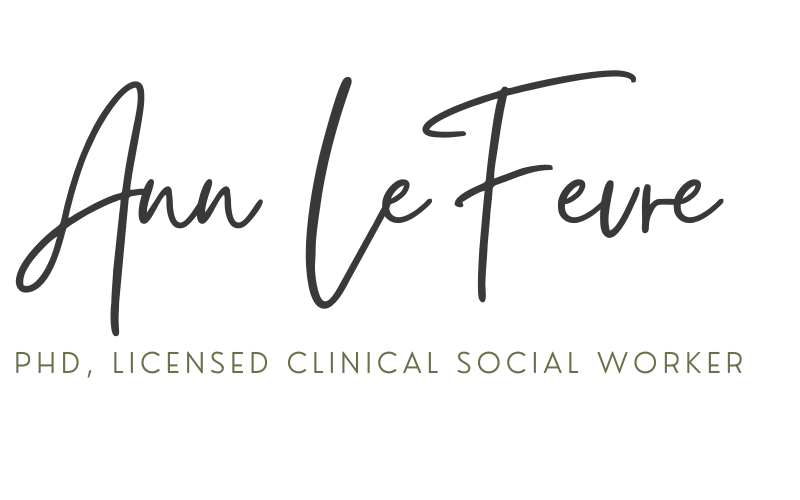
SERVING CLIENTS IN CO, CA, PA, & FL
Therapy for trauma
PROVIDING HIGH QUALITY ONLINE THERAPY FOR INDIVIDUALS AGES 18+
Today’s world can be tough.
Trauma can be experienced in many ways, such as through physical or sexual assault, accidents, combat or in the line of duty, medical events, responses to Covid or political events, or witnessing something horrific. After a trauma, many survivors want to just forget about it and move on as if nothing happened. While it can initially feel okay to avoid addressing what happened, the long-term effects of avoidance can be quite detrimental.
Maybe you’re noticing:
Nightmares, flashbacks, intrusive thoughts or images
Mental or physical distress when you think about what happened
Avoidance of people, places, or situations that remind you of the trauma
Difficulty concentrating, startling easily, being hyperaware of your surroundings
Increased anger and irritability, panic attacks
Negative thoughts about yourself, guilt, shame
Trouble remembering parts of the event
Reduced interest in activities you used to enjoy, feeling numb
Increased depression, anxiety, hopelessness
Thoughts of self-harm or suicide
INDIVIDUAL THERAPY FOR ADULTS
There are several evidence-based treatments for survivors of trauma, recommended by the American Psychological Association as well as the Department of Veterans Affairs. Here are the trauma treatments I offer:
Written Exposure Therapy
Written Exposure Therapy (WET) is a 5-session treatment that addresses trauma in a safe and supportive environment. During sessions, clients are guided to write about their trauma, and they are not asked to verbally share any details. This exposure-based treatment has consistently shown clinical success in research studies, and WET is recommended as a first-line treatment by the Department of Veterans Affairs and the Department of Defense PTSD Clinical Practice Guidelines. Homework is not required for this treatment. Click HERE for more information on WET.
Cognitive Processing Therapy
Cognitive Processing Therapy (CPT) is a treatment that focuses on how thoughts related to the trauma can influence current feelings and behaviors. Goals of CPT include reducing distress around trauma memories, decreasing experiences of depression, anxiety, guilt, or shame, and improving overall quality of life. Talking or writing about the details of your trauma is not necessary, and CPT usually takes 12 sessions after the initial intake, with options for booster sessions as needed. Homework is required for each session, including daily worksheets and some brief writing assignments. Click HERE for more information on CPT.
Prolonged Exposure
Prolonged Exposure (PE) teaches trauma survivors how to gradually approach memories, feelings, and situations related to the trauma. You are guided to carefully talk through your experience while also audio recording the session. You’ll also be asked to create a hierarchy of situations or places you’ve been avoiding due to the trauma, and with support, you’ll gradually work through your hierarchy. PE typically lasts for 15 sessions after the initial intake, and has an addition per session fee because each session lasts for 90 minutes. Daily homework is required for this treatment. Click HERE for more information on PE.
Therapy for trauma can help you:
Take back control of your mind and behaviors
Reduce distress when you think about the trauma
Learn coping skills to deal with triggers
Discern helpful from unhelpful ways of thinking
Decrease depression, anxiety, guilt and shame
Find freedom and confidence
Start enjoying life again
Improve your relationships and overall well-being

You are a wonderful, capable person.
I’M HERE TO SUPPORT YOU IN EMBRACING THAT.
FAQS
Common questions about therapy for trauma
-
That is truly up to you, as some people need and want to process the details, while others do not and just want to address the negative thoughts and behaviors that have come up since the trauma. We’ll discuss your treatment options, and together we can decide on what treatment is best for your needs.
-
Actually, most people can’t remember all the details about what happened. During a trauma, your brain kicks into survival and trauma survivors typically remember what happened in a series of snapshots, versus a comprehensive story. You may remember more details as you go through treatment, or you may not, and the treatments are created so that you don’t need to remember everything. In fact, some trauma survivors are unconscious, sleeping, blacked out, etc, and they can still successfully complete trauma work.
-
Completing trauma treatment won’t erase your memory of what happened, but it will give you power over the memory, so you’ll be able to think about it when you want to, and you’ll have much less distress when you do.
-
Many trauma survivors have experienced multiple traumas, either several events of the same kind of trauma, or completely different traumas at once or at different times in their lives. We’ll work together to select which trauma to address, then evaluate how you’re functioning at the end of treatment to see if you’ll need to complete further treatment on any other traumas. Thankfully, when a major trauma is treated, the results often generalize to other traumas, meaning odds are you will not need to address other traumas. Down the line, as you’re feeling and functioning better, you may decide you want to do another round of treatment or a different trauma treatment on a different event, and that’s totally up to you.
